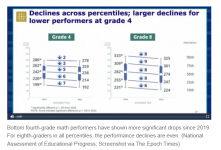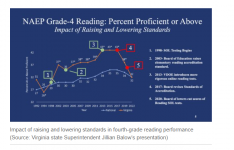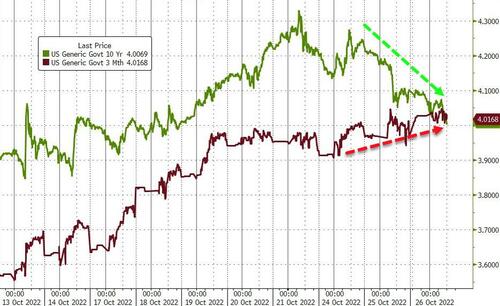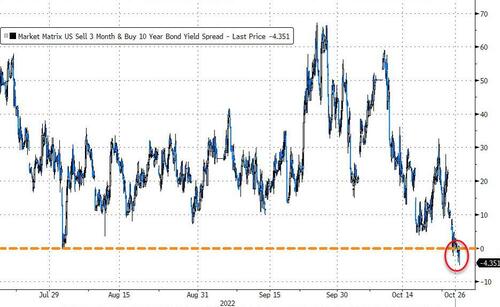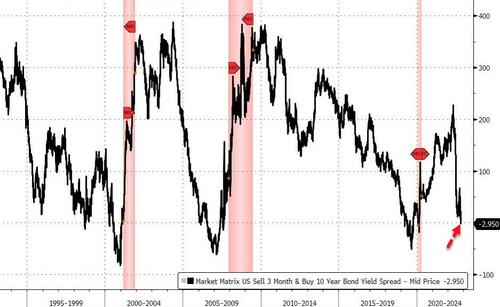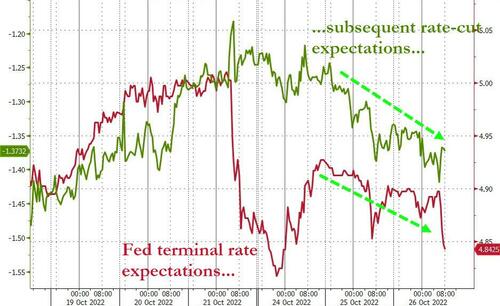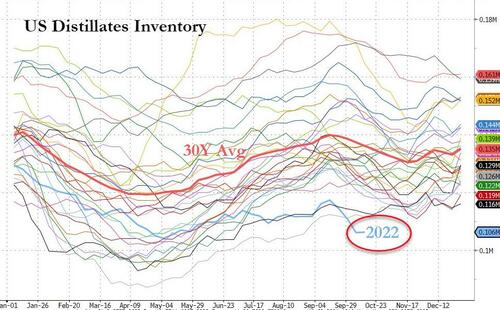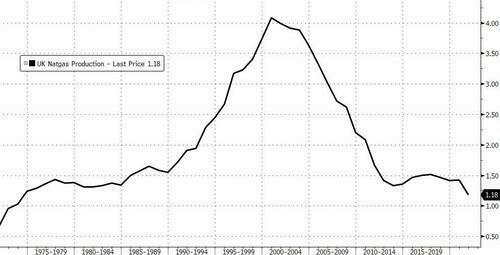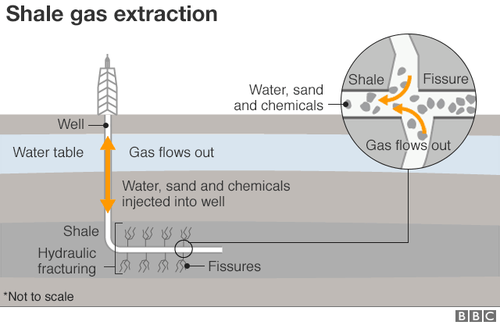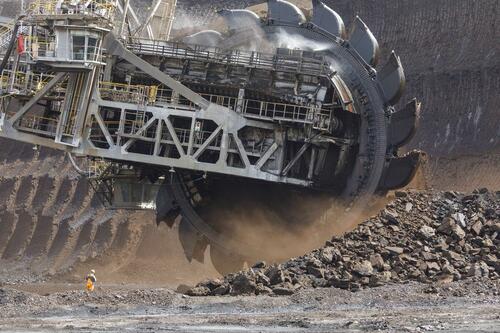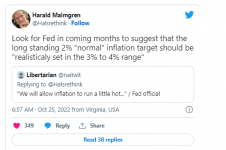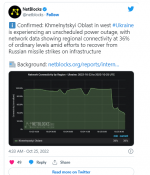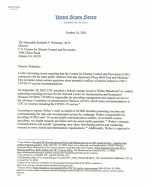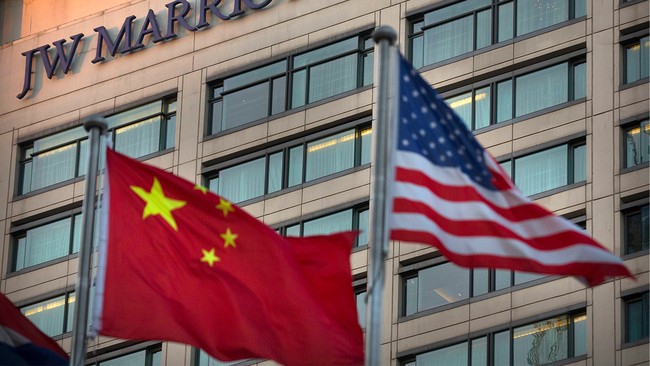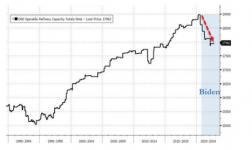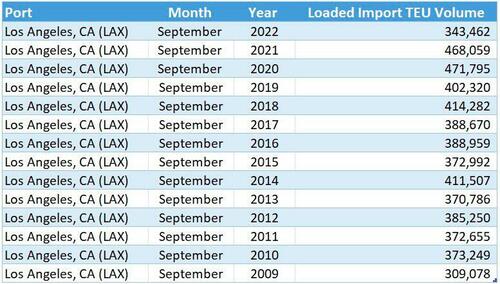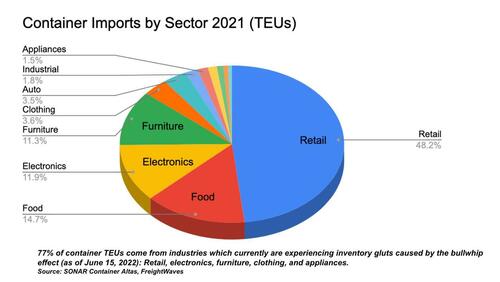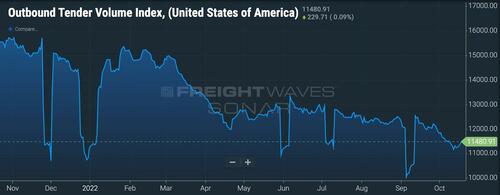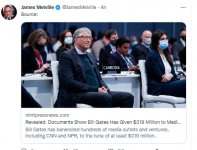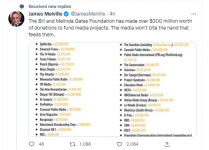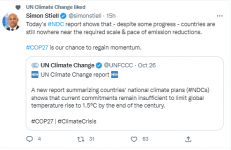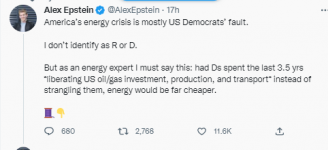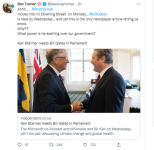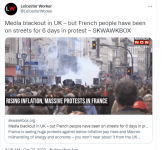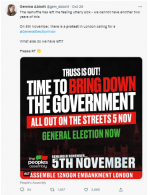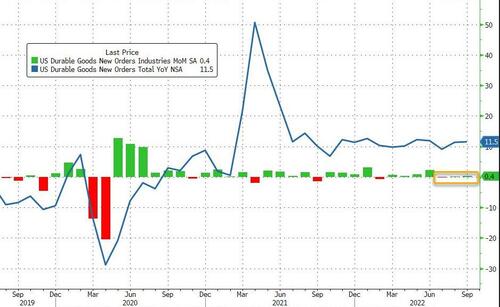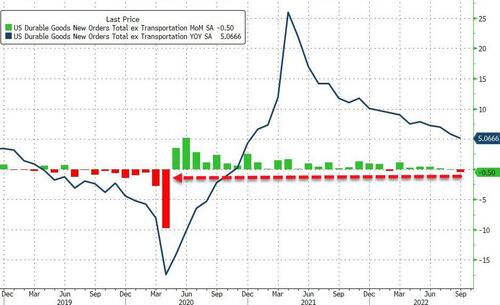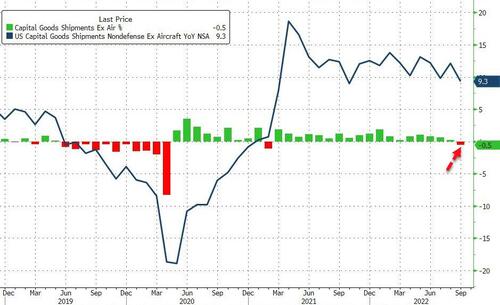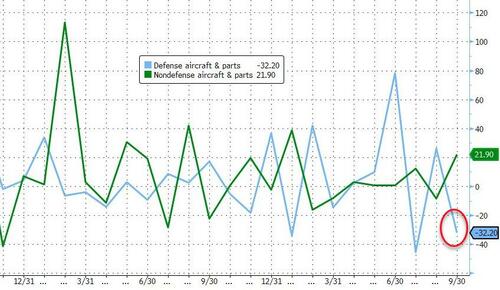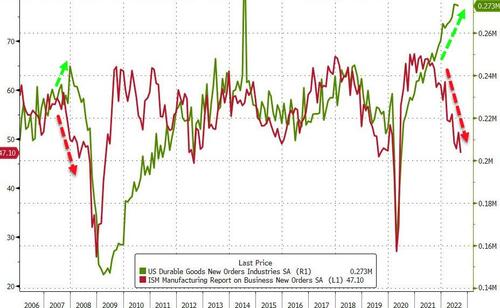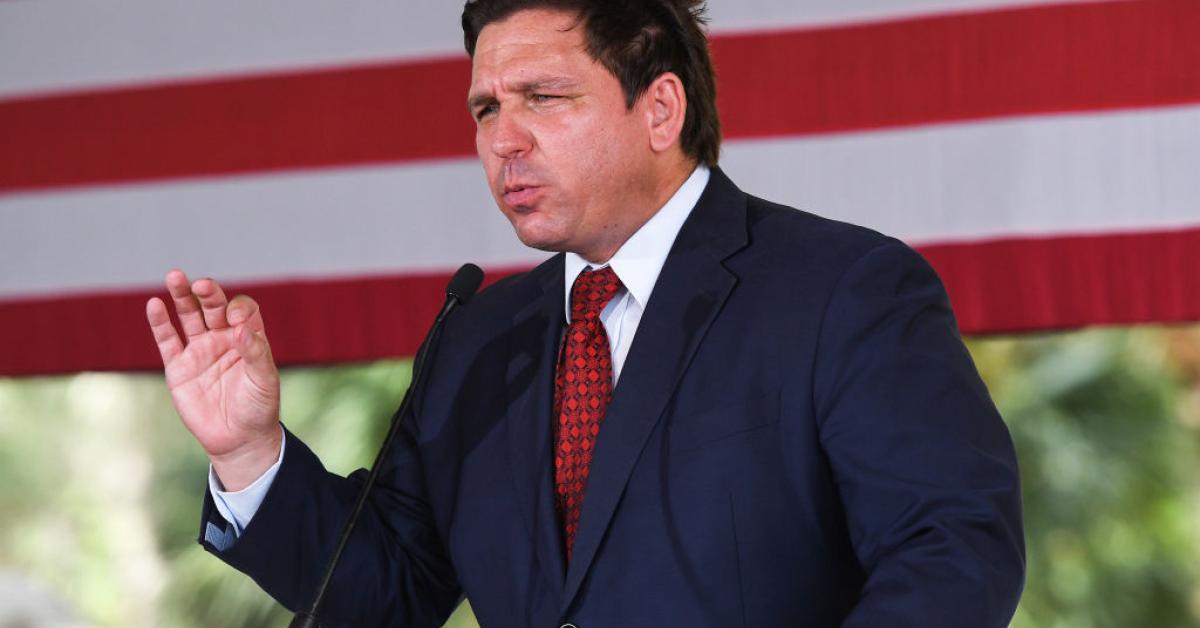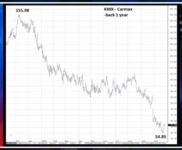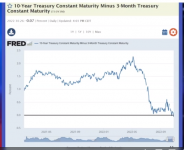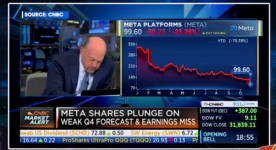View: https://www.youtube.com/watch?v=oLbGubywSLA
32:56 min
Democrats BLOWS WHISTLE On Major Vote Fraud Operation, DeSantis Initiates CRIMINAL Investigation
Tim Pool
Democrats BLOWS WHISTLE On Major Vote Fraud Operation, DeSantis Initiates CRIMINAL Investigation. The claims are similar to those presented in 2,000 Mules. with the midterms less than two weeks out October surprise turns out to be surprises with numerous insane stories dropping, nypost getting hacked, antifa and blm riots, fake news. Republicans are gearing up for a major victory and Democrats have begun playing dirty.
^^^^^
Former candidate for Orange County commissioner describes widespread vote trafficking operation in Orlando area, authorities see enough evidence to warrant criminal probe.

justthenews.com
Democrat blows whistle on alleged ballot harvesting scheme, Florida opens criminal probe
Former candidate for Orange County commissioner describes widespread vote trafficking operation in Orlando area, authorities see enough evidence to warrant criminal probe.
Updated: October 27, 2022 - 4:17pm
Florida Gov. Ron DeSantis' new election crimes unit has recommended state police open a full criminal investigation into a Democrat whistleblower's detailed complaint of a long-running, widespread ballot harvesting operation in the African-American communities in politically important central Florida.
Former Orange County Commissioner candidate Cynthia Harris filed a sworn affidavit in late August with the Secretary of State's office alleging that illegal operations to collect third-party ballots have been going on for years in the Orlando area where voting activists are paid $10 for each ballot they collect.
She described an intricate system funded by liberal leaning organizations that dispatch ballot brokers into black communities to pressure voters to turn over their ballots. The $10 fee per ballot is divvied up among the parties who help complete the harvesting.
The collection and delivery of ballots by third parties is illegal in Florida.
The newly created Office of Election Crimes and Security did a preliminary inquiry on Harris' allegations and concluded there was sufficient evidence to warrant a full criminal probe by the state police, the Florida State Department told Just the News on Wednesday.
"The Florida Department of State, Office of Election Crimes and Security (OECS) was made aware of this issue around September 1, 2022," the department said. "After further inquiry, OECS received additional information related to the allegation on October 17, 2022, and performed a preliminary investigation.
"Since OECS is an investigative entity and does not [have] authority to make arrests, the office forwarded the complaint to the Florida Department of Law Enforcement for possible violation of
section 104.0616, Florida Statutes," it added.
The Florida Department of Law Enforcement told Just the News on Thursday that it "has received a complaint regarding alleged ballot harvesting in Orange County, which is currently under review to determine if an investigation is warranted."
The development in Florida adds an explosive new allegation to concerns nationwide that ballot trafficking is widespread in some battleground states, a claim made famous by the research of the conservative watchdog group True the Vote and a documentary released earlier this year by filmmaker Dinesh D'Sousa called "2,000 Mules."
Arizona prosecutors have achieved several convictions in that state for ballot harvesting, most recently securing the guilty plea of a former Democrat mayor in Yuma County. True the Vote filed a complaint in Georgia alleging thousands of ballots were harvested in the 2020 election, but those allegations have not yet been corroborated as authorities negotiate with the nonprofit group for its evidence. A Wisconsin investigation unmasked a sophisticated ballot harvesting effort targeting vulnerable nursing home patients in communities like Racine, Wisc.
Harris, who narrowly lost her election for county commissioner in August, described to Just the News her years-long knowledge of ballot harvesting in the black communities in central Florida. She even recorded a ballot broker coming to her home in 2017 to collect her ballot, and obtained the script that harvester was given by her bosses to make the pitch for a voter to turn over their ballot.
"So what happens is in our community when absentee ballots are mailed, you the candidate or any political party can find out when the absentee ballots are mailed and to whom what happens is these ballot harvesters, they know which batch has gone out, they go to the door and they ask you for your absentee ballot," Harris told the "Just the News, No Noise" television show on Wednesday night.
"Well, in communities that don't look like me, no one does this," she said, referring to white neighborhoods. "But in our community it's kind of like an accepted practice that the man is coming by to pick up my absentee ballot or the lady is coming to pick up my absentee ballot."
In her sworn affidavit, Harris identifies specific individuals who direct and act as ballot brokers and were paid to collect ballots and provides intricate details on how the system allegedly works, along with emails, receipts, video footage and other evidence.
"Ballot brokers typically work up to a year in advance," she stated. "Ballot brokers visit individuals in their residences and assists the individual with filling out a request for a mail-in ballot. After the mail-in ballot arrives, the voter is instructed to wait for the ballot broker returns to the individuals residence. They are asked to not seal the certificate envelope."
"In rare circumstances, if the voter has filled out the ballot and sealed the envelope certificate, the ballot broker will take the ballot and then steam open the sealed envelope," the affidavit added. "The ballot broker will either correct any votes, if necessary, that were not voted according to their wishes or just throw them out."
Harris described how, much as in Wisconsin, vulnerable patients in rehabilitation centers and nursing homes in Florida were targeted for ballot trafficking.
"For nursing homes ... ballot brokers get the list of residents by cross referencing the address with the voter registration list," she explained. "The ballot broker figures out the best way to make contact, usually thru friends and family that may or may not know they are even part of a scheme. They help the resident fill out the mail-in-ballot or just take the mail-in-ballot from the nursing home and deliver it to the ballot broker."
Harris, who has worked as an election poll worker in the past, said her biggest concern in coming forward is that ballots collected by third parties have no chain of custody, making it easier to commit fraud such as destroying a ballot or altering it.
"You know, it's just utterly ridiculous that people don't understand that once that ballot leaves your hand and it's not placed in the mailbox, or it's not directly given to the supervisor of elections, you don't know where it goes," she said. "It's possible that they throw them away. We've seen evidence of that.
"You see them steam open the ballots and then they mismark them so that if it's not for their candidate, then that ballot is spoiled. So when people think that the numbers are low, it's really not low, it's just that someone has intercepted before it gets to the proper authorities."
Harris alleged that the Orange County supervisor of elections, who has held the office for 26 years, has turned a blind eye to ballot harvesting in her community.
"[T]his has been going on for so long, you have to look at the supervisor of elections himself. He's been there since 1996. That's 26 years that this has been a blind eye turned on our community, the people that we entrust in the fair elections and the democratic process.
"It has been flawed for a long time because this only happens in our community. It happens all over the nation, but we are the ones that suffer from it because we're the most disenfranchised, we don't have the resources to fight back, and we don't know how to fight back by telling our story."
The office of Orange County Supervisor of Elections Bill Cowles said in a response to a request for comment regarding Harris' claim that he "is not aware of any issues regarding ballot harvesting," so he is "unable to comment on that at this time."
The office added that "if there are any issues" that Harris is "concerned about, we would recommend her filing a complaint with the state for investigation."
After voting ended in the August primary, Harris was in second place with a total of 3,158 votes on election night, which was supposed to trigger a runoff election because the candidate with the most votes didn't receive 51% of the votes.
There was supposed to be a recount, according to Harris, but somehow she "kept losing votes instead of gaining votes," she said. "So when they certified the votes, I was a total of 14 votes missing.
"I know how to do basic math, I don't understand how you could go down in numbers versus going up. But the story that they told me was that the machine was fed extra ballots, and that's why I was six votes ahead of the person that came in third place. Well, if I'm six votes ahead of the person that came in third place at the end of the night, how do you lose 14 votes within a couple of days?"
Florida has had other issues with regard to ballot harvesting over the years.
In 2005, Orlando Mayor Buddy Dyer was indicted on a felony charge of paying a campaign worker to collect absentee ballots before his 2004 election, along with three others on similar charges. The charges were dropped by the prosecutor, who said that none of the persons indicted had intended to break the law.
In 2013, a ballot harvester in Hialeah received one-year probation as part of a plea deal after police said she collected at least 31 absentee ballots for the 2012 August primary election. While a felony charge was dropped, the woman pled guilty to two misdemeanor counts of illegally possessing more than two ballots from other voters.

